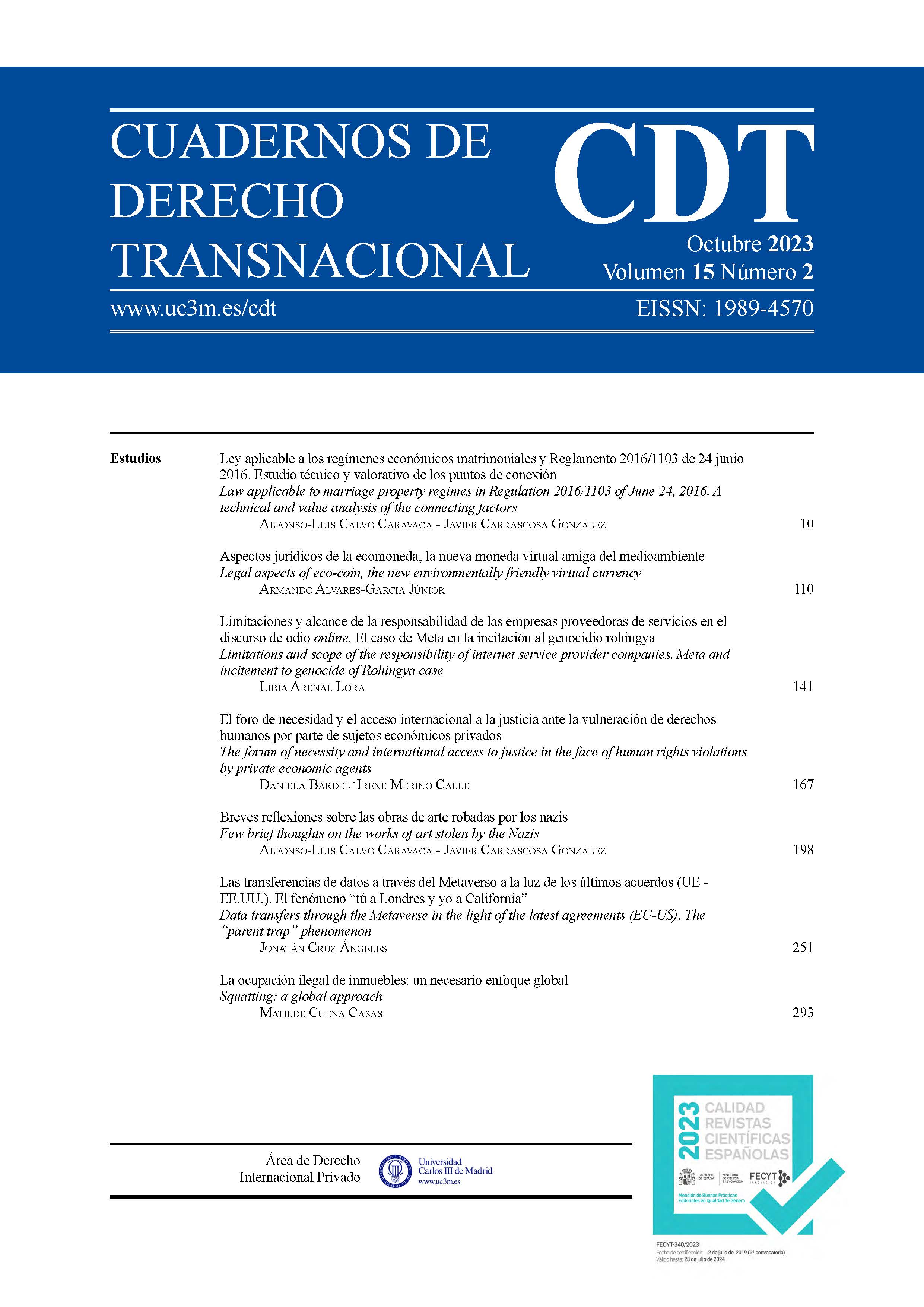Legal privilege in international arbitration
Abstract
It is more and more frequent that counsels from different jurisdictions are involved in preparing legal advice as companies offer their services and products abroad. This situation creates the risk that documents exchanged between clients and lawyers in one jurisdiction could be exhibited in future proceedings in another jurisdiction. Disclosure of certain information could determine several losses to businesses from prestige to lack of compensation that an unsuccessful case may entail. This type of legal chaos could diminish when business practitioners have autonomy to select the law for solution of future disputes, including the option to agree on the procedure to be followed by the adjudicator. This article analyses choice of law governing privilege by arbitrators as international arbitration is often referred to settle international disputes. Several soft law sources from arbitral institutional rules to the well-known IBA Rules on Evidence are scrutinized. It evaluates possible methods like the least protective privilege rule or the most protective privilege rules considering equal treatment. Finally, it explores the recent Unified Patent Court Rules as a source of inspiration for international arbitration.
Downloads
Funding data
-
Fundación Séneca
Grant numbers 20944/PD/18




